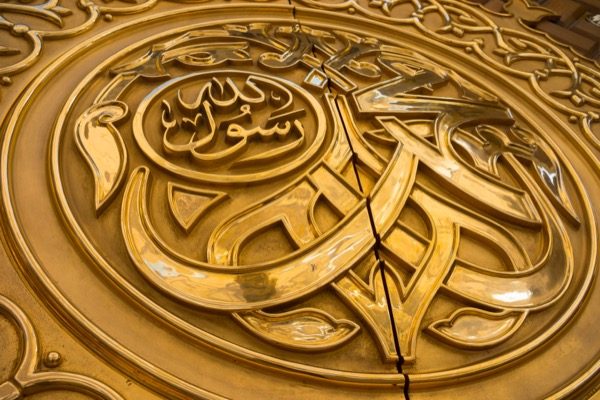
© Shutterstock
The most important building blocks of the human character are truthfulness, reliability and honesty. The truthfulness of the inner self reflects in one’s character, discourse and even on the face of a truthful person. That is why God Almighty has declared fidelity a sign of truth of His prophets and messengers.
The Holy Prophet Muhammad (sa) addressed the Makkans with these words of the Holy Qur’an: ‘Say, If Allah had so willed, I should not have recited it to you nor would He have made it known to you. I have indeed lived among you a whole lifetime before this. Will you not then understand?’ [1]
In this verse, the Holy Prophet Muhammad’s (sa) life before his proclamation of prophethood has been presented as a proof of his truthfulness with the inference that a person who had not told a lie in his childhood or youth, could never forge a lie against God, when he is nearing his old age. Surely truthfulness is the basic and cogent proof to establish the validity of a claimant of prophethood. The Holy Prophet Muhammad (sa) fulfils this criterion perfectly.
He was the one who was known as trustworthy by friends and foes since his youth. His name had become synonymous with truth as he never ever told a lie. Even his enemies testified to his truthfulness before his proclamation of prophethood…The intimacy between husband and wife has been correctly described in the Holy Qur’an as each other’s garment [2]. There is no one closer to a man than his wife who can better testify to his character.
Testimony of the Holy Wives of the Holy Prophet Muhammad (sa)
When the Holy Prophet Muhammad (sa) returned home in an agitated state after the first revelation, the words of solace spoken by Hazrat Khadijah (ra) were a grand testimony of his truthfulness. She mentioned this important aspect of his character that he always spoke the truth, hence God would never destroy him.
Hazrat A’ishah (ra) testified to the Holy Prophet Muhammad’s (sa) character in the words that his character was the Qur’an. The basis of the Qur’an and Islam is the truth.
In another tradition, Hazrat A’ishah (ra) said that the Holy Prophet Muhammad (sa) did not detest anything more than a lie. Whenever he found this frailty in a person, he alienated himself from that person until he knew that the person had renunciated that habit.
Muhammad (sa) – The Perfect Man (Qadian, India: Nazarat Isha’at, 2015), 215-216.
ENDNOTES
[1] The Holy Qur’an, 10:17.
[2] The Holy Qur’an, 2:188.


Add Comment